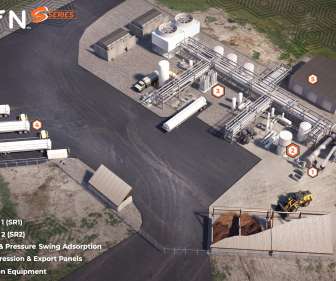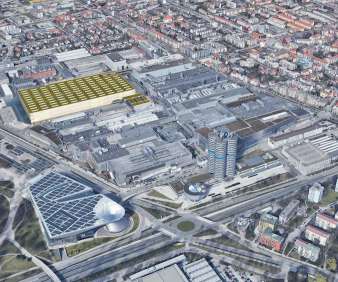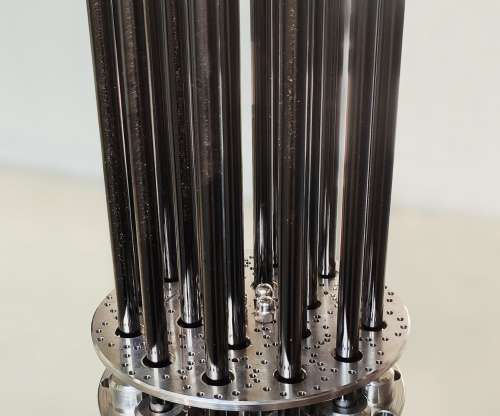Raven SR waste-to-hydrogen plant in California to be powered by INNIO Jenbacher’s Ready-for-H2 engines
Green Car Congress
AUGUST 12, 2022
The energy system will power and heat Raven SR’s S-Series hydrogen production facility at a sanitary landfill in Richmond, California. At the site, landfill gas (LFG) will be the primary fuel to provide power for the non-combustion process that converts waste to hydrogen. Earlier post.). This project will initially process up to 99.9













Let's personalize your content